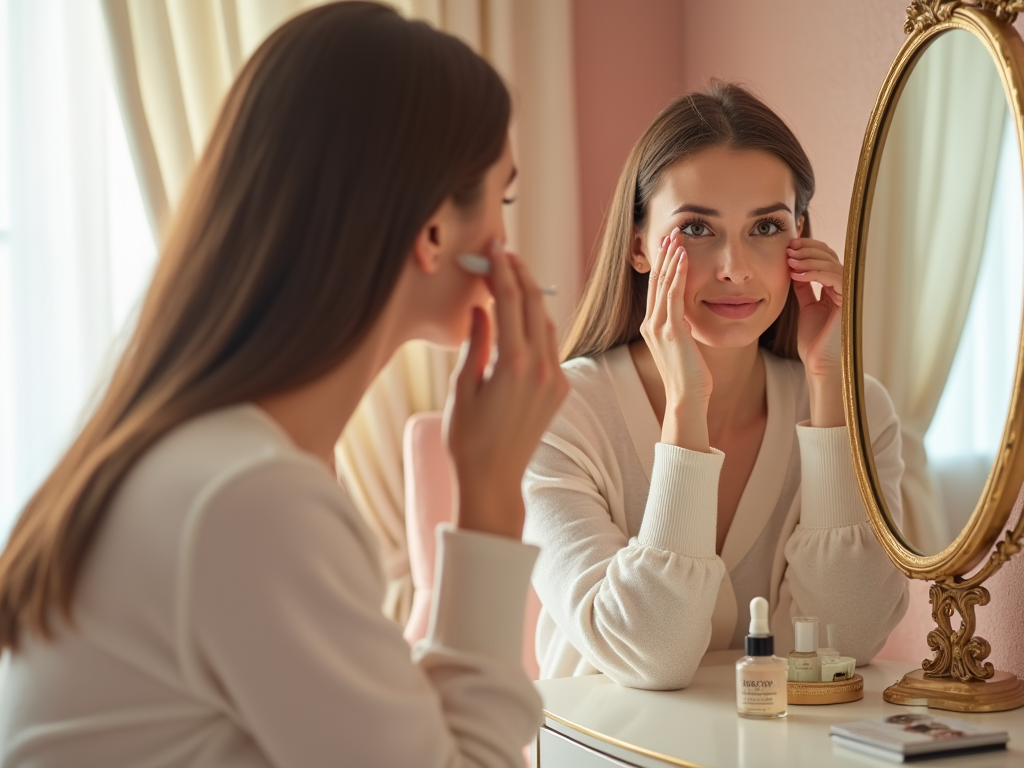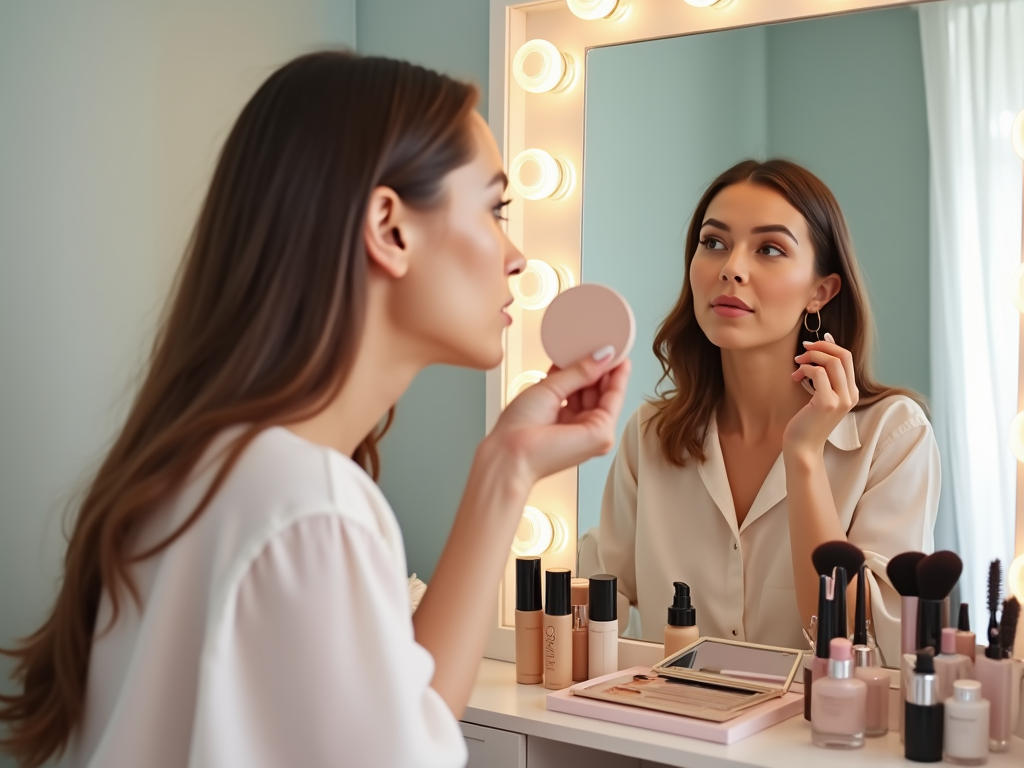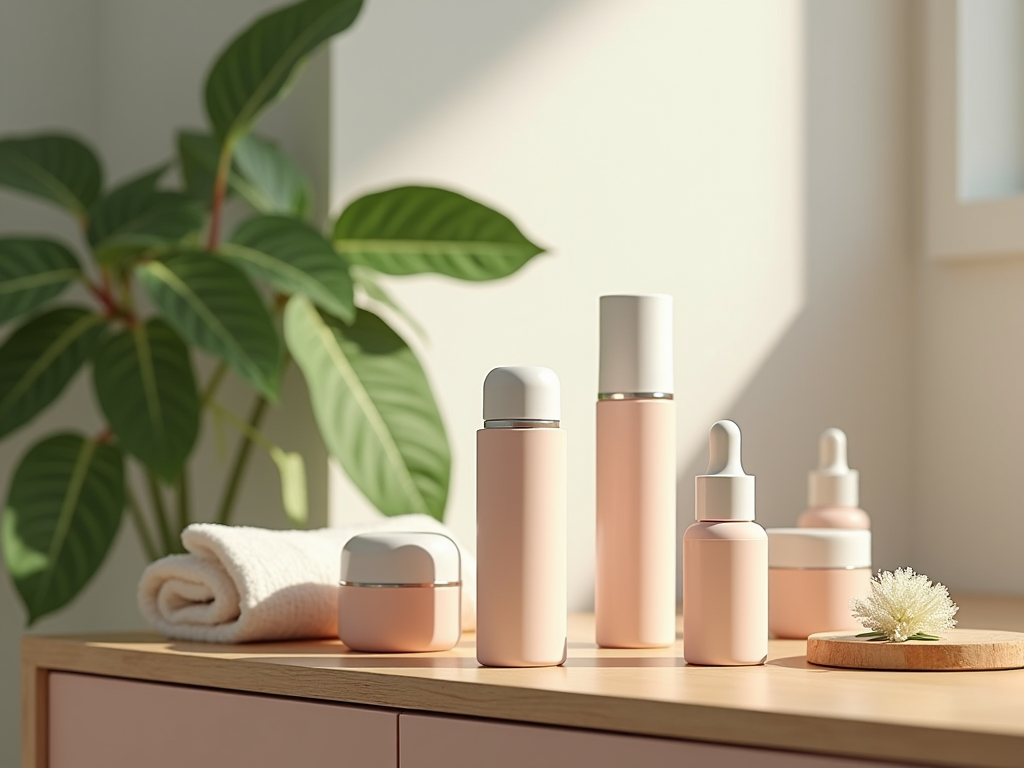
Night Cream Vs Moisturiser Vs Serum – Which Is Best For Your Skin?
Skincare is more than just a routine; it’s a ritual that speaks volumes about self-care and personal wellness. As we navigate the vast world of cosmetic products, it becomes essential to discern their roles and benefits effectively. Among the plethora of choices available, night creams, moisturisers, and serums often leave consumers bewildered about which product suits their specific skin needs. Understanding these three types of products can empower individuals to curate a skincare routine that not only addresses their concerns but also enhances the overall health and appearance of their skin. This article explores the distinctions between these products and aids in making informed selections tailored to one’s unique skin type.
What is a Moisturiser?
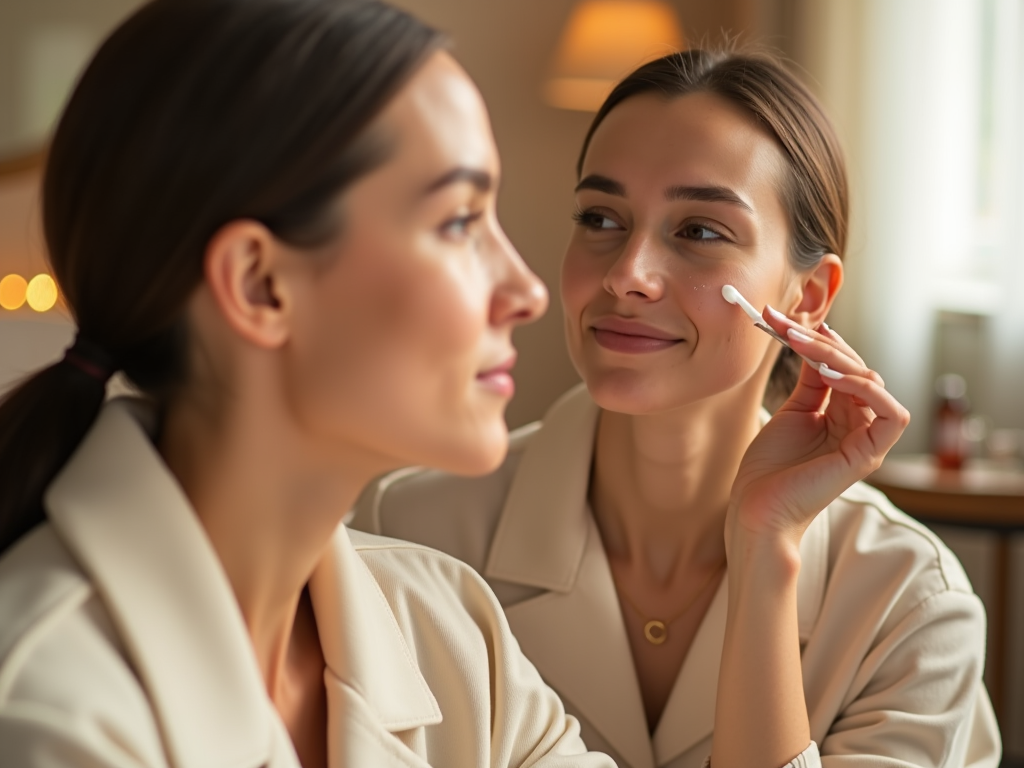
Moisturisers are foundational to any skincare routine, serving primarily to hydrate the skin. Typically, they are designed to prevent water loss, ensuring that your skin maintains its elasticity and softness throughout the day. The base of moisturisers can range from lotions to creams, each with varying weights and hydration levels. Common ingredients found in most moisturisers include hyaluronic acid, glycerin, and ceramides, which work synergistically to lock in moisture. Depending on your skin type, you can find gel-based options for oily skin or more robust cream-based moisturisers for dry skin. Understanding your skin’s hydration needs can guide you toward selecting the right moisturiser.
What is a Night Cream?
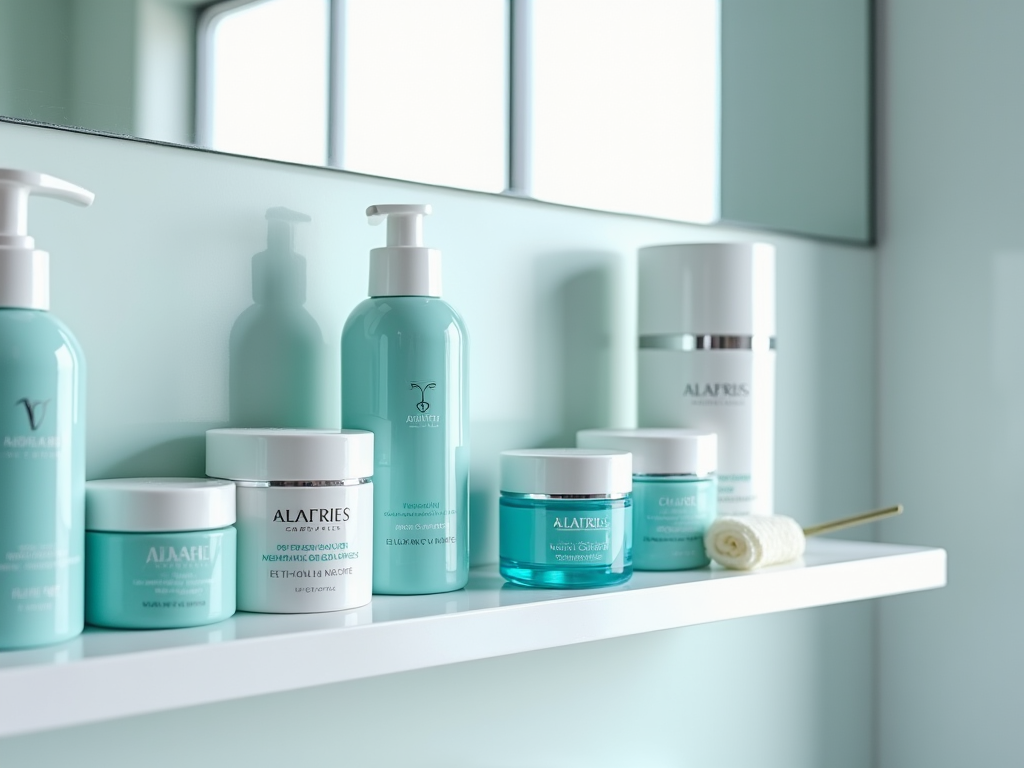
Night creams, distinct from regular moisturisers, are specifically formulated to nourish and repair the skin during sleep. They typically contain a higher concentration of active ingredients aimed at addressing specific skin concerns, such as fine lines, uneven texture, or hyperpigmentation. These creams create a protective barrier that helps maintain moisture levels and facilitate skin recovery processes that are naturally heightened overnight. Key ingredients often featured in night creams include retinol, peptides, and antioxidants, all working together to rejuvenate the skin while you rest. The benefits of using a night cream are manifold, improving overall skin tone and reducing signs of aging.
What is a Serum?
Serums are lightweight formulas that deliver a potent dose of active ingredients to the skin. They penetrate deeper than moisturisers or night creams, providing targeted treatments for specific skin issues like acne, dehydration, or dullness. Typically packed with ingredients, serums can include vitamins (such as Vitamin C), botanical extracts, and peptides, all featuring beneficial properties aimed at enhancing the skin’s overall quality. Unlike heavier creams, serums often have a thin texture that allows for quick absorption and layering. Depending on your needs, you can find different types of serums tailored to various skin concerns, including hydrating, anti-aging, and brightening serums.
How to Choose the Right Product for Your Skin Type
Choosing the right product requires an understanding of your individual skin type, which can range from oily to dry, combination to sensitive. Evaluating your skin’s unique needs will greatly assist in making the most informed decision. Here are some factors to consider:
- Skin concerns: Determine if you are dealing with issues such as acne, aging, or pigmentation.
- Climate factors: Hot, humid climates might benefit from lighter formulas, while dry conditions may require richer formulations.
- Lifestyle choices: Consider how your daily habits and environment affect your skin’s condition.
Reflecting on these factors will help you align your skincare products with your specific requirements. Additionally, layering your skincare products correctly plays a pivotal role in maximizing their efficacy. Always apply your serum first, followed by moisturiser, and reserve your night cream for bedtime to seal in hydration.
| Product | Primary Benefit | Ideal For |
|---|---|---|
| Moisturiser | Hydration and prevention of moisture loss | All skin types, especially dry skin |
| Night Cream | Repair and replenish skin overnight | Dry, aging skin |
| Serum | Targeted treatment for specific concerns | All skin types, depending on the serum |
Conclusion
Understanding the differences and benefits of each product — moisturiser, night cream, and serum — equips you with the knowledge to tailor your skincare regimen effectively. Every product plays a distinct role; moisturisers hydrate, night creams nourish during sleep, and serums target specific issues. Combining these items thoughtfully can lead to optimal skincare results, providing tailored solutions to your skin concerns. Always consider your skin type, lifestyle, and individual needs when selecting products to ensure a glowing, healthy complexion.
Frequently Asked Questions
- What’s the main difference between a moisturiser and a night cream?
A moisturiser is designed for daily hydration, while a night cream focuses on repairing and nourishing the skin overnight. - Can I use a serum and a night cream together?
Yes, serums can be applied before night creams for enhanced benefits. - Is it necessary to use all three products?
It’s not necessary, but incorporating all three can provide comprehensive skincare if used according to your skin type and concerns. - Can I skip moisturiser if I use a serum?
It depends on your skin type; oily skin may thrive with just a serum, while dry skin often benefits from a moisturiser as well. - How often should I apply night cream?
Night creams are typically used every evening as part of your nighttime skincare routine.
